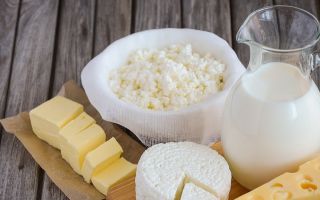Content
- 1 What is casein in foods
- 2 Benefits of casein in foods
- 3 The harm of casein in foods
- 4 Is there casein in fermented milk products?
- 5 Which dairy products do not contain casein
- 6 What foods contain casein
- 7 Contraindications to products containing casein
- 8 Casein food table
- 9 Rules for the use of products with casein
- 10 Useful Tips
- 11 Conclusion
Foods containing casein can provide great benefits to the body. But at the same time, the protein compound has many disadvantages, and in order to use it correctly, you need to understand all the features.
What is casein in foods
Casein is a complex protein formed in milk during curdling under the influence of lactic acid bacteria. The substance is used in the manufacture of cottage cheese and cheeses; it is highly valued for its many beneficial properties and rich chemical composition.
The protein compound contains a large amount of essential amino acids. In addition, protein supplies phosphorus and calcium to the body. The substance is often found in sports nutrition, as it promotes muscle growth. Foods high in protein compounds provide a long-lasting feeling of fullness.
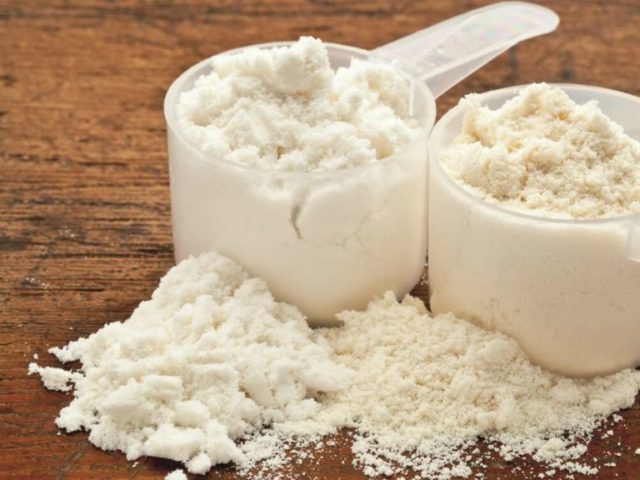
Benefits of casein in foods
In small quantities, the substance is necessary for the healthy functioning of the body in children and adults. With proper use of protein:
- slows down the absorption of other protein compounds and prolongs the feeling of fullness;
- promotes the rapid construction of muscles in athletes;
- helps to maintain muscles even during long breaks between workouts;
- supplies the body with essential and nonessential amino acids;
- is a valuable source of calcium and phosphorus, therefore it strengthens bone tissue.
The valuable properties of the substance make it possible to use it in diets and for athletic drying. The protein compound helps you shed excess fat but maintain healthy muscle mass.
The harm of casein in foods
Like any substance, casein protein is able to bring not only benefits, but also harm:
- The protein compound is absorbed by the body very slowly. In the stomach, not only foods rich in casein protein are retained, but also other foods that are received at the same time.
- The substance sticks together the contents of the stomach. This can lead not only to a feeling of heaviness, but also to heartburn, difficulty emptying the intestines, and halitosis.
- Due to its slow absorption and exposure to other foods, the compound can trigger obesity. Metabolism in general slows down, carbohydrates from food are deposited in adipose tissue.
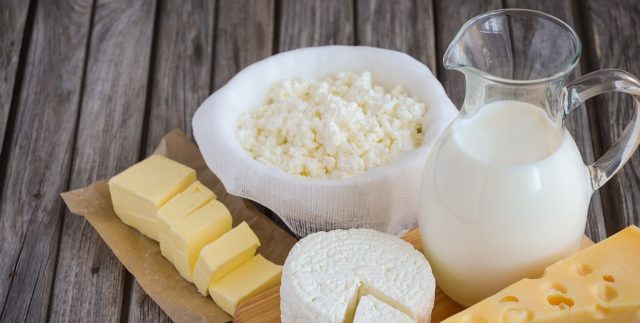
Casein, like other milk proteins, can cause intolerances. If the body does not absorb the protein compound, eating appropriate food will lead to rashes, abdominal pain and nausea.
Is there casein in fermented milk products?
Any fermented milk products contain gluten and casein. The greatest amounts of milk protein are present in whole milk, natural cheeses and cottage cheese, much less of it is found in sour cream, cream and yoghurts.
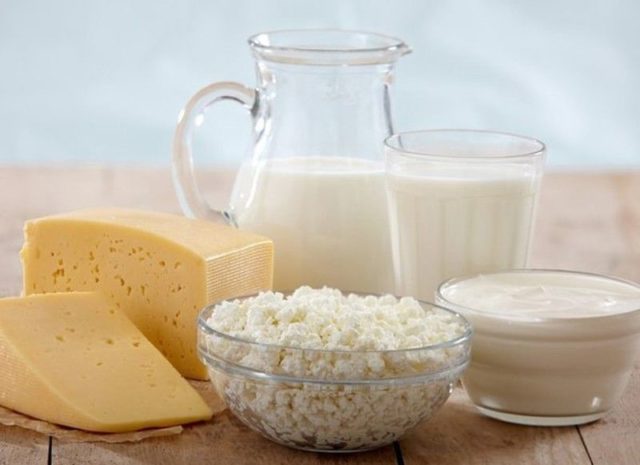
In kefir, ayran and yogurt, the substance is also present, but its amount is very small. In the manufacture of fermented milk drinks, special organisms are used that promote the production of lactic acid, and it provokes the breakdown of casein molecules. However, lactic acid still cannot completely neutralize the protein compound.
Which dairy products do not contain casein
Milk protein, one way or another, is found in all foods made from natural milk. The percentage can vary greatly, but protein is present in minimal amounts even in milk chocolate and curd cheeses.
The list of gluten and casein free foods includes only herbal counterparts of dairy foods. Thus, protein is absent in soy, sesame, coconut and nut milk, in cream and cheeses made from vegetable milk.
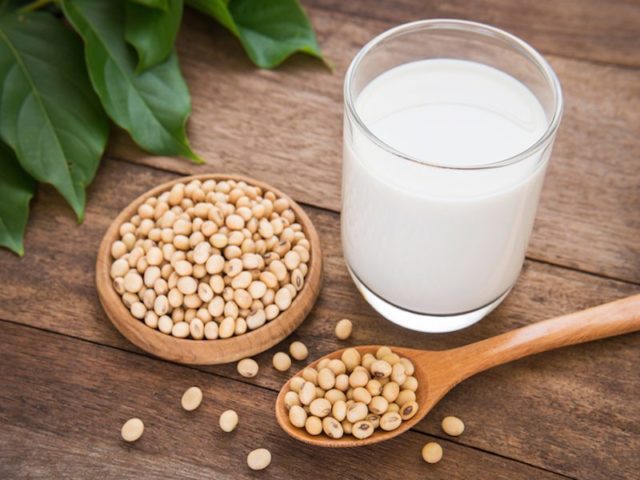
What foods contain casein
You can get the substance from any food with the presence of milk. A list of products containing casein will look like this:
- goat or cow's whole milk - casein compounds in these drinks occupy about 80% of all proteins in the composition;
- milk of donkeys, sheep and buffaloes, in these drinks the substance content is slightly less, about 50% of the total protein;
- hard cheeses - Parmesan and Kostroma, Cheddar contain about 30% of the substance in the total volume of protein compounds;
- semi-hard and other cheeses, a lot of slowly digestible protein contain Roquefort and Bonbel, slightly lower than the amount of substance in chunky, young, soft varieties;
- natural cottage cheese, the casein content in dairy products depends, among other things, on the fat content, the higher the fat content of the fermented milk product, the more milk protein is present in it.
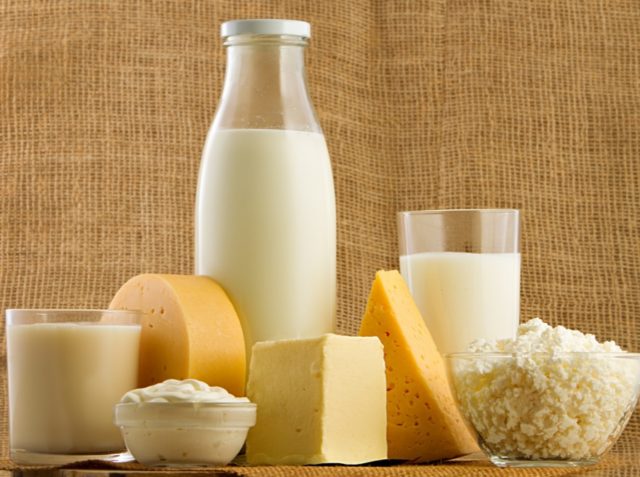
The substance is found in kefir and yogurt, sour cream and cream, natural yoghurts. But such food should only act as an addition to the main diet, since it is very difficult to compensate for the pronounced lack of protein at its expense.
Contraindications to products containing casein
Despite the fact that natural protein is necessary for the human body, not everyone is allowed to consume casein food. It is necessary to abandon the protein compound or reduce its consumption:
- with sluggish digestion and a tendency to constipation, an excess of protein foods in such cases is perceived poorly;
- with exacerbations of stomach ulcers, pancreatitis and gastritis, protein compounds and fats can aggravate the course of the disease;
- with a tendency to obesity, since the substance is digested slowly, food containing it can negatively affect metabolism and lead to weight gain.
If you are allergic to casein, it is better to exclude foods containing it. The same should be done for lactose intolerance. Even if the protein itself does not cause an allergic reaction, natural cheeses, cottage cheese and milk will still lead to the development of negative symptoms.
Casein food table
The table helps to get acquainted with the distribution of the protein compound in detail. It presents data on the amount of casein in a particular food:
|
Product |
Percentage of casein content in 100 g |
|
Goat and cow milk |
0,80 |
|
Gouda and Cheddar cheeses |
0,30 |
|
Ricotta cheeses, Mozzarella |
0,28 |
|
Brie and Camembert cheeses |
0,25 |
|
Cottage cheese |
0,22 |
|
Kefir and yogurt |
0,15 |
|
Tan |
0,13 |
|
Cream |
0,11 |
|
Sausage cheese |
0,07 |
|
Milk chocolate |
0,05 |
The best sources of protein are milk and hard cheeses. In other products, the content of casein compounds is too low.
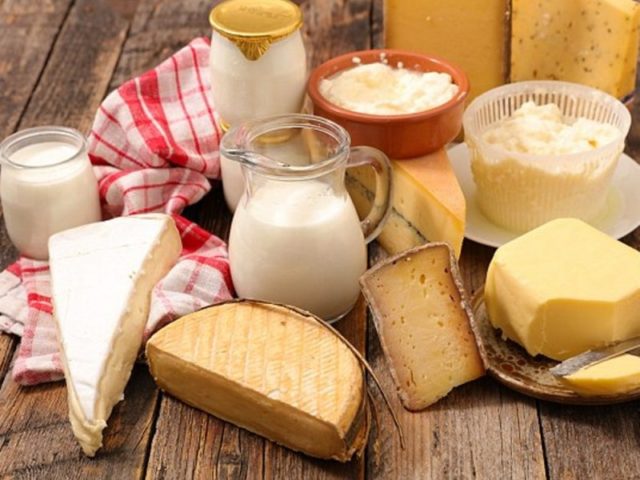
Rules for the use of products with casein
The casein protein in food will be beneficial and improve your well-being when consumed in accordance with several guidelines:
- The average adult needs to consume about 20 g of the substance per day. You can get such a portion from 200 ml of milk or 300 g of fatty cottage cheese. Athletes have a higher need for the substance, however, special sports supplements with casein are more often used for targeted muscle building.
- So that the substance is well absorbed by the body and does not harm, daily portions must be divided into several doses. It is recommended to take appropriate food in small amounts up to 5 times a day.
- An excess of protein food is harmful to the body, since it disrupts the processes of digestion and metabolism. The use of casein meals must be combined with the intake of fats and carbohydrates.
- It should be remembered that dairy food is not suitable for simultaneous use with vegetables and fruits. In order not to cause indigestion, it is better to eat foods containing fiber and carbohydrates 3-4 hours after taking milk or cottage cheese.
- When compiling a diet, it is necessary to take into account not only the protein content in dairy food, but also the total calorie content. Excess fatty cheeses or cottage cheese can lead to weight gain.
Foods with a high content of casein protein are not recommended to be consumed immediately before bedtime; digestive processes will interfere with night rest. It is better to drink a glass of milk or eat cottage cheese 1.5-2 hours before bedtime.
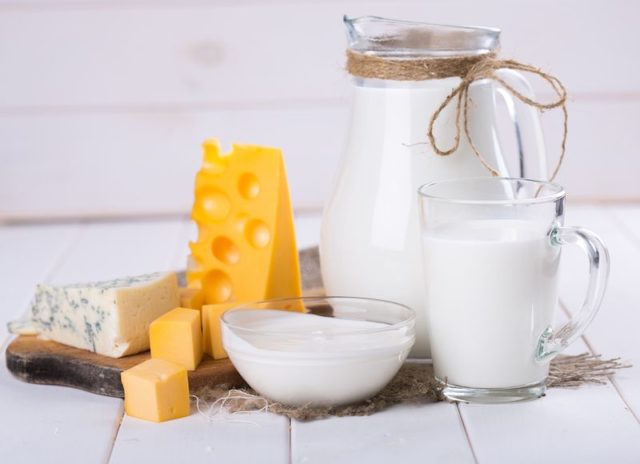
Useful Tips
When choosing dairy products, you must carefully read their composition. Even natural milk and cottage cheese do not always have the same benefits. You need to buy products that contain a minimum of sugar, preservatives, foreign additives and flavor enhancers.
It is not recommended to consume milk, cheese and cottage cheese for breakfast. In addition to putting stress on an empty stomach, their benefits are minimal. Valuable lacto- and bifidobacteria are neutralized by a large amount of hydrochloric acid. It is best to eat protein foods one hour after the main breakfast or lunch.
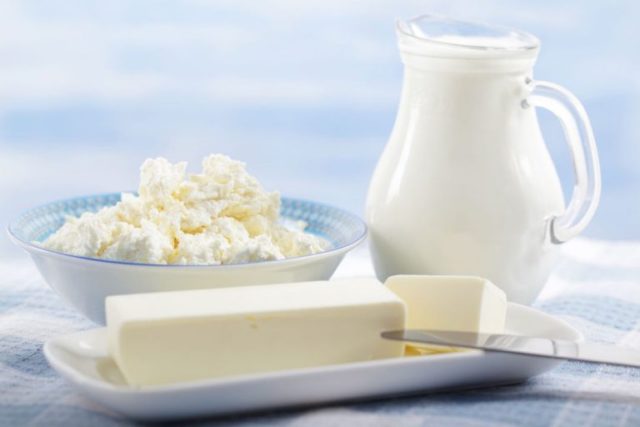
Conclusion
Foods containing casein can help increase muscle mass and strengthen bones and joints. But use milk, cheese and cottage cheese with caution, since milk protein can slow down digestion.

